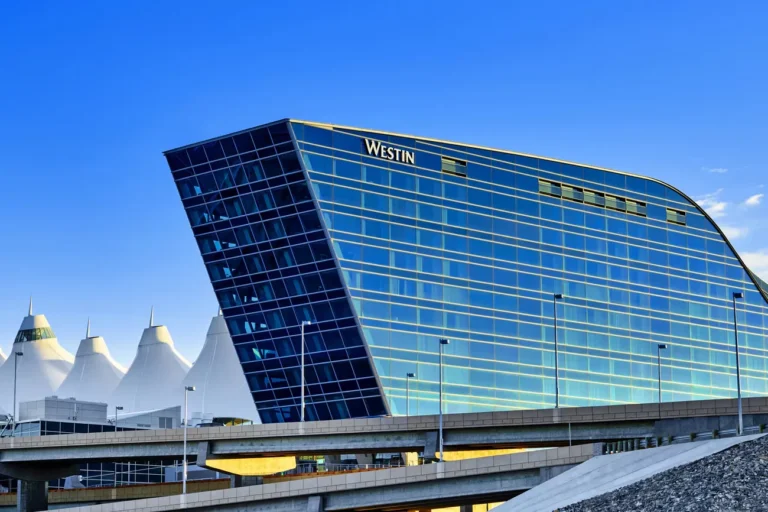The global hospitality industry continues to evolve at a breakneck speed, with hotel chains expanding their footprints across continents.
Based on the latest data as of December 31, 2024, the hospitality landscape reveals fascinating insights into which hotel chains have successfully navigated the post-pandemic recovery and emerged as the undisputed leaders.
Largest Hotel Chains in the World
These 10 powerhouses collectively control millions of rooms worldwide, each bringing unique strengths and strategies to the competitive hospitality arena.
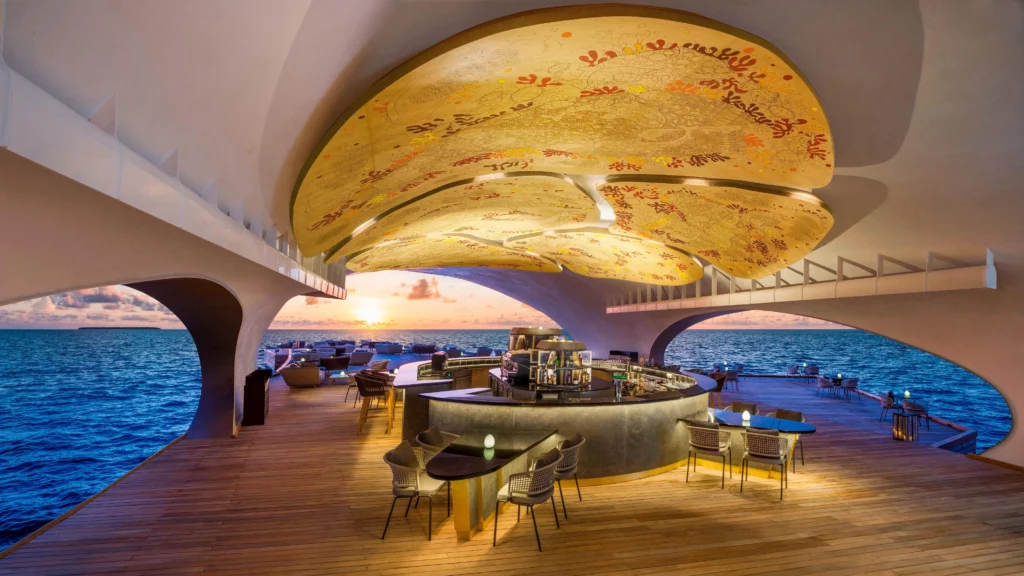
1. Marriott International
Leading the pack with an impressive 9,266 hotels and 1,683,204 rooms, Marriott International has achieved a remarkable 6.9% growth rate, cementing its position as the world’s largest hotel chain.
This Maryland-based giant operates across 144 countries and regions, offering an extensive portfolio of 40 brands that cater to every conceivable travel need.
What sets Marriott apart is its strategic brand diversification. From ultra-luxury properties like The Ritz-Carlton and St. Regis to extended-stay options like Residence Inn and Element, Marriott has mastered the art of market segmentation.
The company’s Marriott Bonvoy loyalty program boasts over 200 million members, creating an ecosystem that extends far beyond traditional hotel stays to include partnerships with airlines, car rental companies, and experiential providers.
Marriott’s success stems from its aggressive expansion strategy, particularly in emerging markets, combined with its early adoption of digital technologies.
The brand’s mobile-first approach allows guests to use their smartphones as room keys, while AI-driven personalisation ensures each stay feels tailored to individual preferences.
2. Jin Jiang
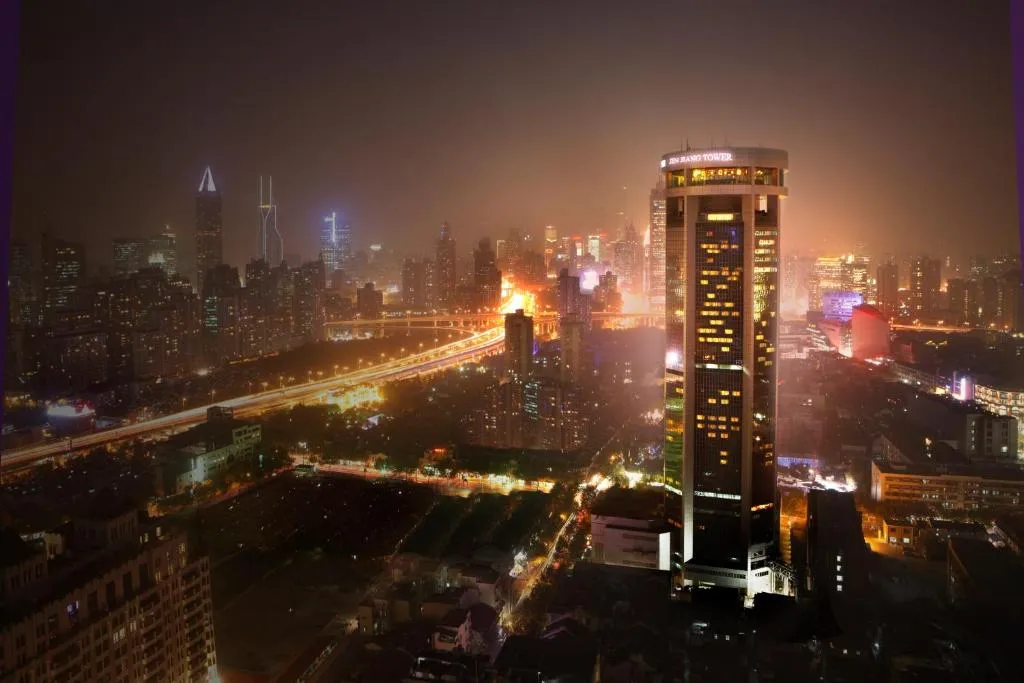
With 14,311 hotels and 1,439,756 rooms, Jin Jiang demonstrates that quantity can indeed complement quality when executed strategically. This Chinese hotel giant has achieved a robust 7.7% growth rate, largely through strategic acquisitions and aggressive domestic expansion.
Jin Jiang’s strength lies in its deep understanding of the Asian market, particularly China’s rapidly evolving hospitality landscape.
The company has successfully integrated international brands while maintaining a strong domestic appeal. It has created a hybrid model that resonates with both local and international travellers. Their focus on mid-scale and economy segments has proven particularly effective in capturing the growing middle-class travel market across Asia.
3. Hilton Worldwide
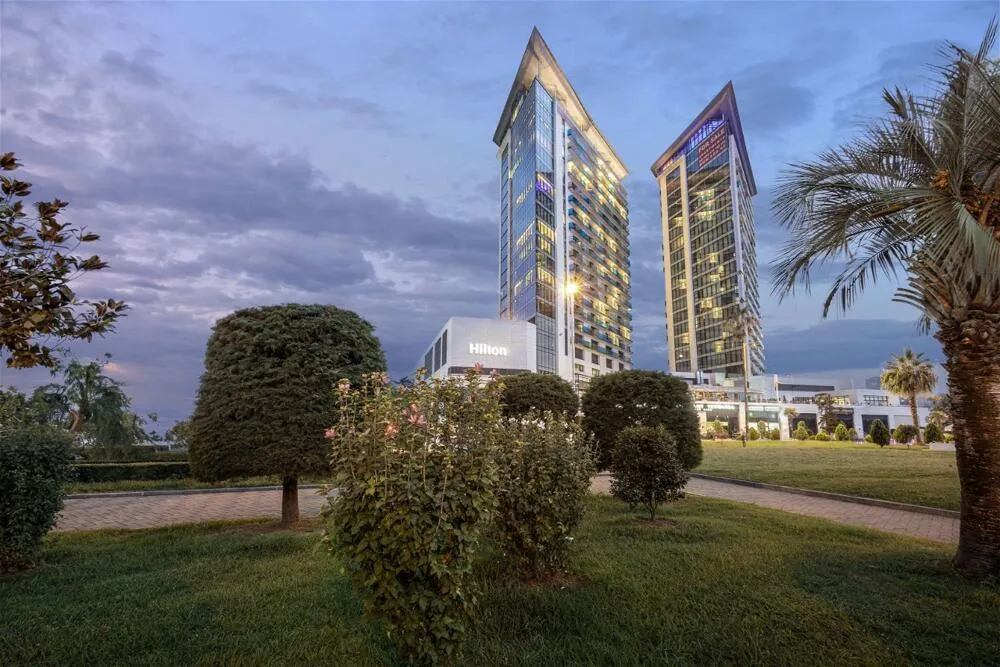
Hilton’s 8,342 hotels and 1,249,814 rooms represent more than just accommodation; they embody a century of hospitality innovation. With a 7.1% growth rate, Hilton continues to set industry standards for guest experience and technological integration.
The company’s 22 brands span the full hospitality spectrum, from the ultra-luxurious Waldorf Astoria to the efficiency-focused Hampton Inn. Hilton’s Honours loyalty program has become a benchmark for the industry, offering members genuine value through its tiered benefits system.
The brand’s commitment to sustainability, exemplified by its LightStay program, demonstrates how major hotel chains can balance profitability with environmental responsibility.
Hilton’s digital key technology and AI-powered concierge services showcase the company’s commitment to leveraging technology for enhanced guest experiences, while their expansion into all-inclusive resorts and lifestyle brands shows strategic market adaptation.
4. H World Group
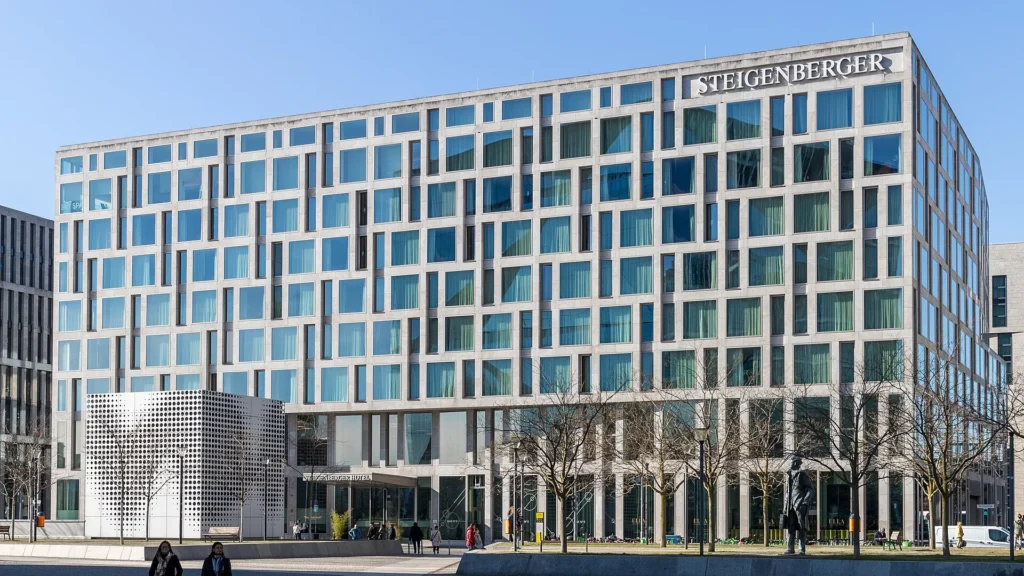
Despite having fewer total hotels at 10,580 properties, H World Group’s 1,017,225 rooms and impressive 20.3% growth rate highlight the company’s focus on strategic expansion and operational efficiency. This growth rate significantly outpaces industry averages, indicating strong market positioning and execution capabilities.
H World Group has built its success through strategic partnerships and targeted acquisitions, creating a portfolio that effectively serves both domestic Chinese markets and international expansion goals.
Their multi-brand strategy allows them to capture diverse market segments while maintaining operational synergies.
5. IHG Hotels & Resorts
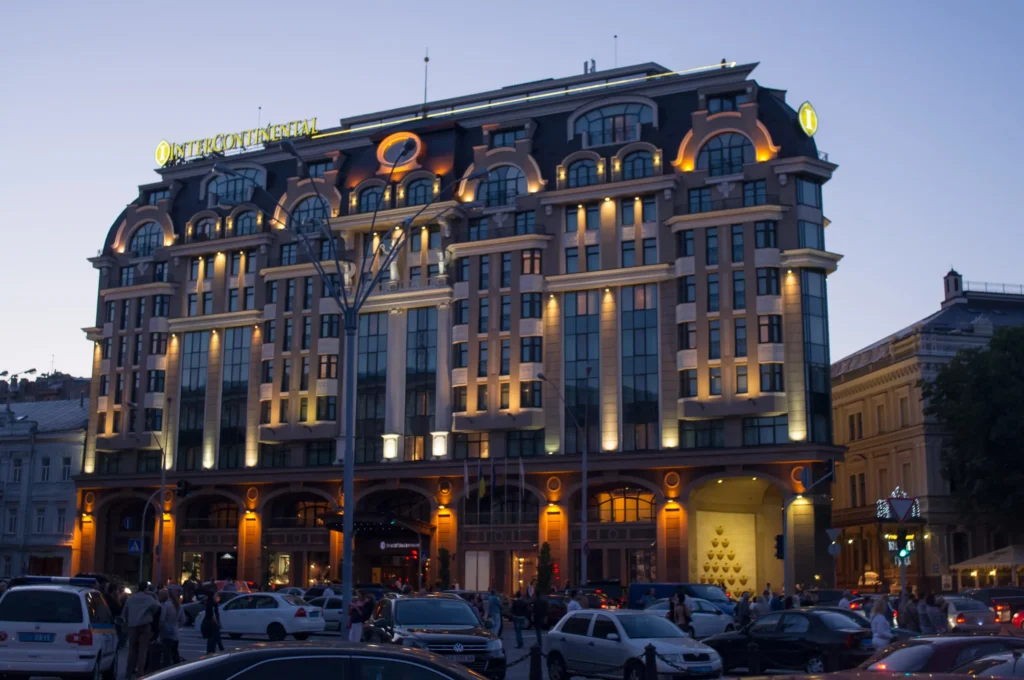
IHG’s 6,599 hotels and 977,257 rooms represent a carefully curated approach to global hospitality. With a 4.3% growth rate, the British hotel group has maintained steady expansion while focusing on brand quality and market positioning.
The company’s 19 brands, including InterContinental, Crowne Plaza, and Holiday Inn Express, cover the full spectrum of traveller needs. IHG’s strength lies in its balanced geographic distribution and strong performance in both leisure and business travel segments. Their IHG One Rewards program has evolved to offer increased flexibility and personalised benefits that resonate with modern travellers.
IHG’s commitment to sustainability through its Green Engage program demonstrates how established hotel chains can implement meaningful environmental initiatives while maintaining growth trajectories.
6. Wyndham Hotels & Resorts

Wyndham’s 9,286 hotels and 902,987 rooms showcase the power of the franchise model in hospitality. With a 3.6% growth rate, this New Jersey-based company has built the world’s largest hotel franchise system across 95 countries.
The company’s 24 brands, including Ramada, Days Inn, and Super 8, focus primarily on the economy and midscale segments. Wyndham’s franchise-heavy model allows for rapid expansion with lower capital requirements, making it particularly effective in emerging markets and secondary cities.
Their Wyndham Rewards program offers one of the industry’s most generous point-earning structures, particularly appealing to frequent travellers in the economy segment.
7. Accor

France-based Accor operates 5,682 hotels with 850,285 rooms, maintaining a 3.5% growth rate while focusing on brand differentiation and lifestyle experiences. The company’s 40+ brands span from luxury properties like Banyan Tree to economy options like Ibis.
Accor’s strength lies in its strong European presence and growing lifestyle brand portfolio. The company’s ALL loyalty program extends beyond traditional hotel stays to include experiences in dining, entertainment, and wellness, creating a comprehensive lifestyle ecosystem.
Their recent expansion into cruise hospitality with Orient Express Silenseas demonstrates innovative thinking about brand extension and experience diversification.
8. Choice Hotels International
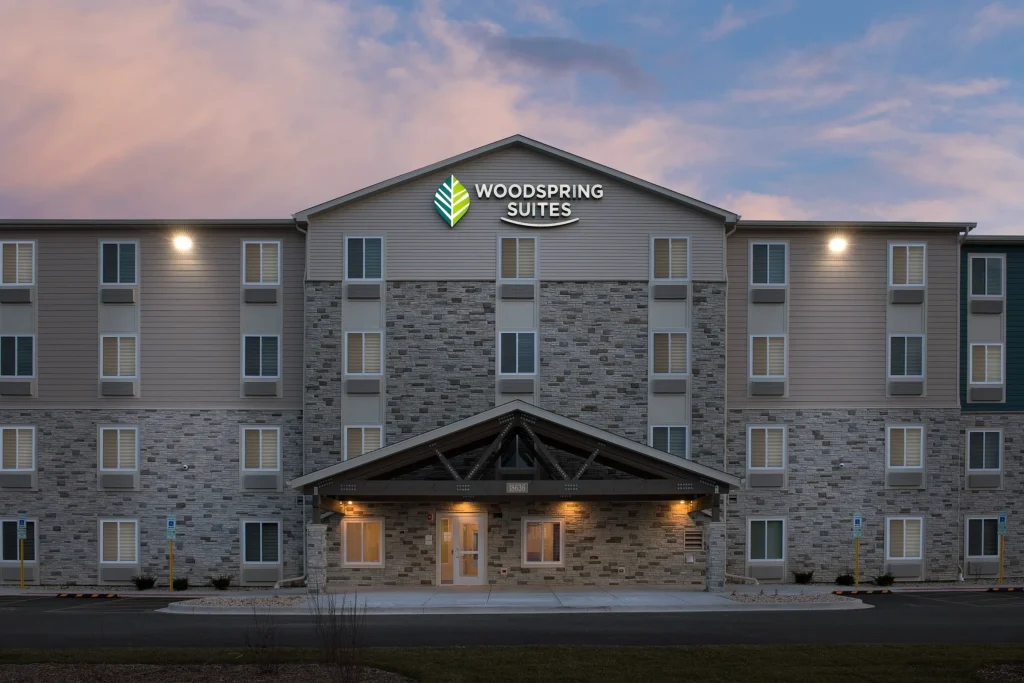
Choice Hotels’ 7,586 hotels and 653,810 rooms reflect a focused approach to franchise-based growth in the midscale and economy segments. With a 3.3% growth rate, the company has built a strong presence in North America while expanding internationally.
The company’s brands, including Comfort Inn, Quality Inn, and Econo Lodge, target cost-conscious travellers without sacrificing essential amenities. Their franchise model has proven particularly effective in smaller markets and highway locations.
9. OYO

OYO’s 20,667 hotels and 597,873 rooms represent a unique approach to hospitality through technology-enabled standardisation. With an impressive 38.7% growth rate, this Indian company has revolutionised budget hospitality across multiple markets.
OYO’s asset-light model focuses on standardising independent hotels through technology platforms and operational support. While facing challenges in some markets, their rapid expansion demonstrates the potential for tech-driven hospitality models.
10. BTH Hotels
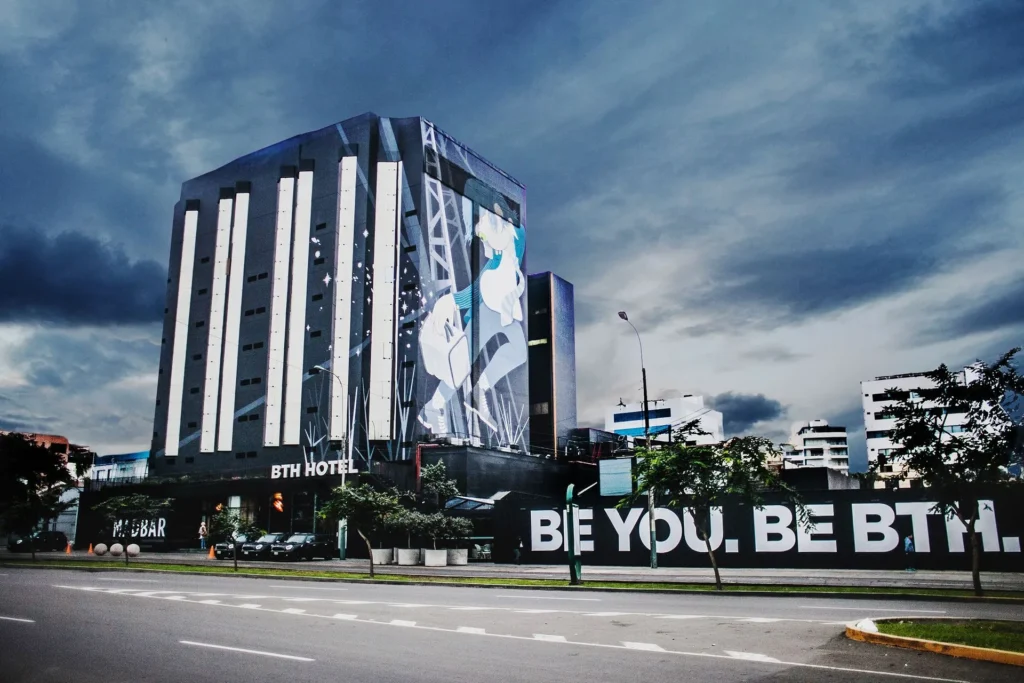
BTH Hotels rounds out the top 10 with 6,910 hotels and 518,031 rooms, achieving a solid 7.6% growth rate. This positioning reflects successful regional focus and targeted market penetration strategies.
The company’s growth demonstrates that smaller hotel chains can compete effectively by focusing on specific geographic regions or market segments rather than pursuing global ubiquity.
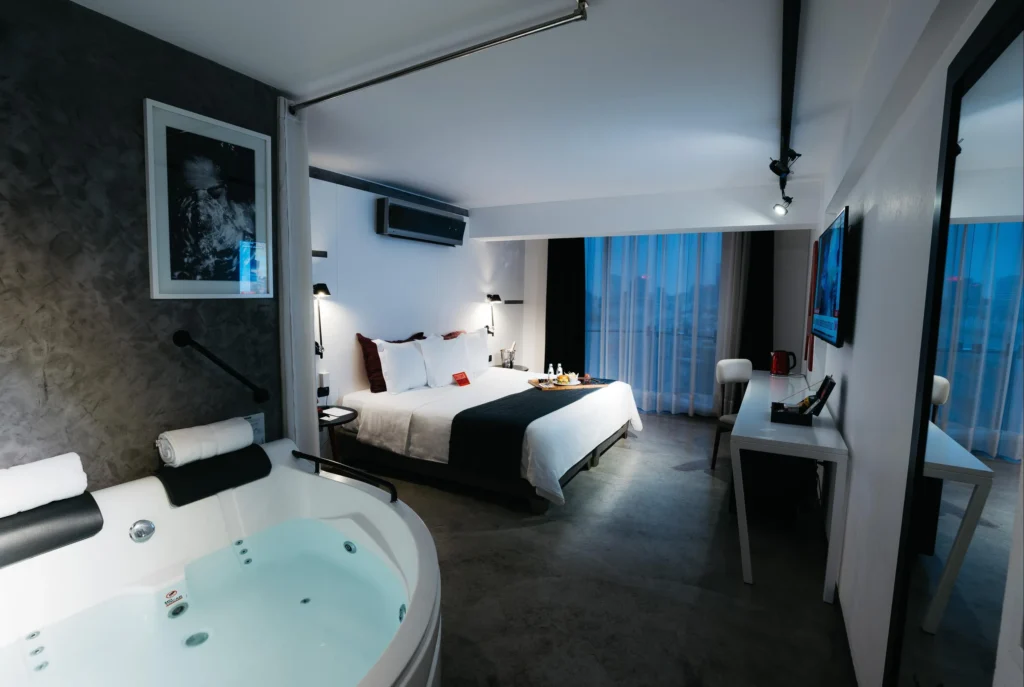
Bottom Line
The hospitality industry’s top 10 hotel chains represent diverse approaches to growth, guest experience, and market positioning.
From Marriott’s comprehensive global dominance to OYO’s technology-driven disruption, each company has found unique ways to capture market share and build guest loyalty.
The post-pandemic recovery has clearly separated the industry’s winners from the also-rans, with successful chains demonstrating adaptability, technological innovation, and a deep understanding of changing traveller preferences. Whether through franchise models, direct ownership, or hybrid approaches, these ten giants will likely continue shaping the global hospitality landscape for years to come—hopefully with better breakfast buffets and WiFi that works in every room.
Stay tuned with us. Further, follow us on social media for the latest updates.
Join us on Telegram Group for the Latest Aviation Updates. Subsequently, follow us on Google News

